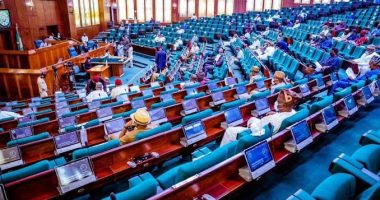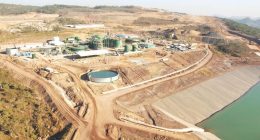Silver and other precious metals like platinum and palladium play a crucial role in Nigeria’s mining sector. These metals not only contribute to the country’s export revenues but are also vital to various industries, from electronics to jewellery. Recent price trends, both domestically and globally, have impacted Nigeria’s mining sector, particularly for small-scale miners who are more sensitive to market fluctuations.

Price Trends and Global Demand
In 2024, silver prices have experienced volatility, influenced by shifting global demand and economic conditions. The growing demand for silver in the renewable energy sector, particularly in solar panel production, has led to price increases. However, investor sentiment towards silver has also fluctuated, creating unpredictable price movements. This volatility poses challenges for Nigerian miners, as unstable prices make it difficult for small-scale operators to plan and manage their finances.
Platinum and palladium, used extensively in the automotive industry for catalytic converters, have also seen price shifts. The global push towards electric vehicles (EVs) has impacted the demand for these metals, as EVs use less platinum than traditional combustion vehicles. Despite this, industrial demand for these metals remains strong, providing continued opportunities for Nigeria’s miners to tap into global markets.
Policy Impact on Precious Metal Markets
The Nigerian government has introduced several reforms aimed at improving the mining sector, especially in terms of regulation and export transparency. By tightening control over illegal mining and smuggling, these policies help ensure that more of the precious metals mined in Nigeria enter legal markets, increasing the country’s export revenue.
Additionally, the government is working to streamline the export process for metals, which has historically been slow and cumbersome. Improved export procedures can make Nigeria more competitive globally, ensuring that the country’s precious metals are efficiently marketed abroad.
Future Prospects
For Nigeria’s precious metals market to thrive, continued reforms and investments in infrastructure will be critical. While price volatility will always present challenges, stable government policies and improved market infrastructure can help reduce risks for local miners. If managed well, Nigeria’s silver, platinum, and other precious metal markets have the potential to become significant contributors to the national economy, attracting foreign investments and creating jobs.














